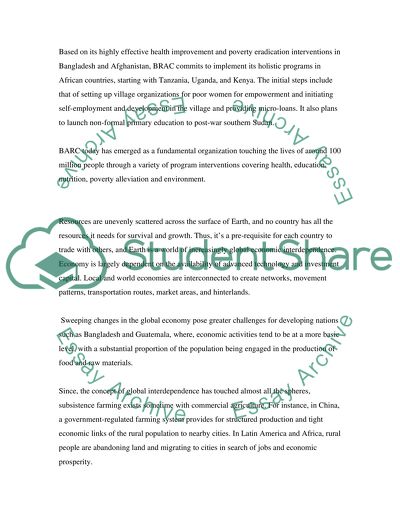Cite this document
(Interdependence, Social and Corporate Responsibility in the Context of Term Paper, n.d.)
Interdependence, Social and Corporate Responsibility in the Context of Term Paper. Retrieved from https://studentshare.org/social-science/1502158-international-management-essay
Interdependence, Social and Corporate Responsibility in the Context of Term Paper. Retrieved from https://studentshare.org/social-science/1502158-international-management-essay
(Interdependence, Social and Corporate Responsibility in the Context of Term Paper)
Interdependence, Social and Corporate Responsibility in the Context of Term Paper. https://studentshare.org/social-science/1502158-international-management-essay.
Interdependence, Social and Corporate Responsibility in the Context of Term Paper. https://studentshare.org/social-science/1502158-international-management-essay.
“Interdependence, Social and Corporate Responsibility in the Context of Term Paper”, n.d. https://studentshare.org/social-science/1502158-international-management-essay.


